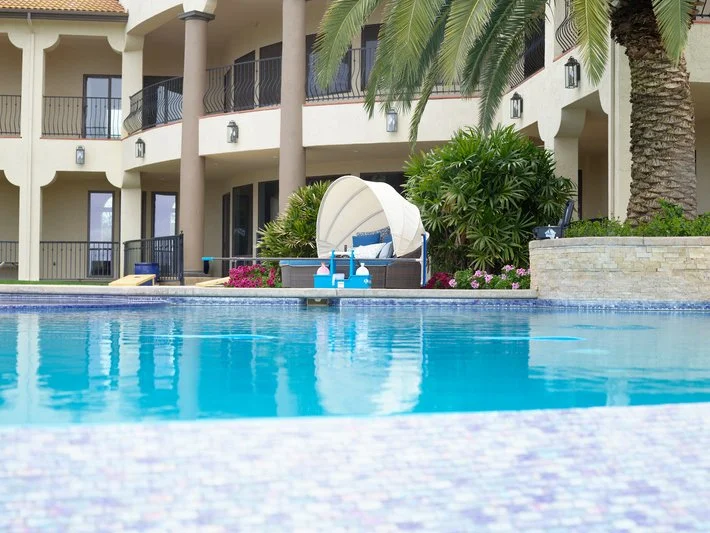Common Reasons a Pool Needs to Be Drained
Draining a pool is necessary for routine maintenance checkups, water quality checks, repairs, or removing algae build-up.
Pools are hubs of fun activities, which is why many people don't like the sight of an empty one. But draining a pool is necessary for routine maintenance checkups, water quality checks, repairs, or removing algae build-up.
Luckily, it isn't a process that owners must constantly perform. In certain instances, owners won't even need a full drain. However, it's vital to understand the situations that warrant the process.
Let's explore some reasons for draining a pool:
Maintenance, upkeep, repairs, and general pool care
Owners can choose to drain their pool during regular maintenance sessions. But there's no need to do this every time. Pool drainage is a time-consuming process that also takes a lot of effort. So owners may choose to partially or fully drain their pools at least once in a three-to-five-year period.
Both represent an excellent opportunity to check for potential issues with a pool, such as cracks or debris build-up, or even to begin an intensive cleaning session.
It's best not to do this too often because draining the pool can sometimes damage it. Drain the pool during maintenance checkups only if you suspect one of the above-mentioned issues.
In addition, owners should never do a complete drain of fiberglass and vinyl pools as this can severely damage the walls and cause cracks and additional issues that can be costly to repair.
Sometimes, it's best to contact a professional service to complete the job correctly.
Draining the pool to fix the water quality
Water quality problems are a reason to fully–or at least partially–drain a pool every three to five years. It's probably the most common issue requiring drainage. In most cases, a chemical disbalance within the water is to blame. For example, the water may have too much cyanuric acid, total dissolved solids, or high calcium hardness.
To check for this, owners can buy test strips or liquid tests or contact a professional pool maintenance service for an expert opinion on water quality.
Refilling the pool is the simplest and easiest way to address water quality issues. That's because the new clean water will combine with the chemicals to bring water quality and clarity back to normal. However, a professional should still at least monitor the process.
Do drainage the right way
Pools are more complex than some owners might think. The process of draining requires time, expertise, and sometimes specialized equipment. While owners can drain the pool themselves, pool service professionals will minimize the risk involved in the process and can sometimes guarantee results. A professional can correctly tell if a pool needs a full or partial drain and what needs to be done afterward.

